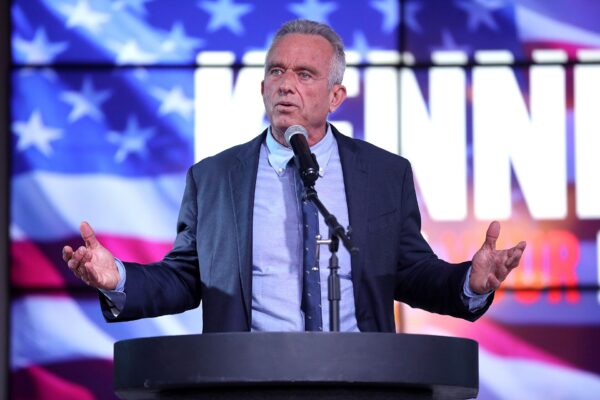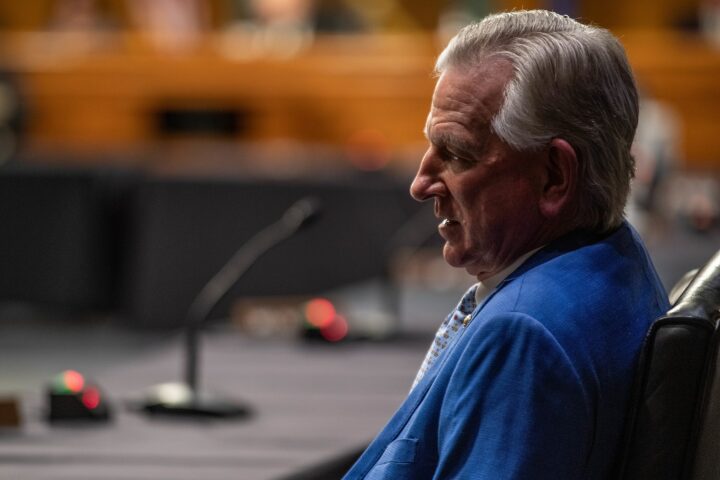In the aftermath of a deadly shooting at Annunciation Catholic Church carried out by a 23-year-old who identified as transgender, Health and Human Services Secretary Robert F. Kennedy Jr. reportedly rejected renewed calls for sweeping gun restrictions. Instead, he argued that the nation’s attention should be on the underlying health crisis fueling mass violence.
“I certainly consider mass shootings a health crisis,” Mr. Kennedy said Thursday. “And we are doing, for the first time, real studies on what the ideology of that is, and we’re looking, for the first time, at psychiatric drugs.”
The secretary’s comments pointedly departed from the familiar script of gun control advocacy that typically follows mass shootings. Instead, he emphasized that firearms themselves were not the root of the problem.
“People have had guns in this country forever,” he recalled. “When I was a kid, we had shooting clubs at our school. Kids, my classmates, and other people would bring a .22 rifle with their guns to school and park in the parking lot. Nobody was shooting up schools.”
What has changed, Mr. Kennedy suggested, was not the prevalence of firearms but shifts in behavior linked to modern psychiatric treatment. “There’s never been a time in the history of humanity where people walked into a crowd, or a church, or a movie theater, or a school, or a crowd of strangers and just started randomly shooting,” he said. “It’s happening in our country, it’s not happening around the world. And there are many other countries that have comparable levels [of] guns that we have in this country—we had comparable levels in the ’40s, ’50s, and ’60s and people weren’t doing that. Something changed, and it dramatically changed human behavior.”
The “something,” Kennedy argued, may be America’s reliance on psychiatric medication. “One of the culprits we need to examine is the fact that we’re the most overmedicated nation in the world, and a lot of those are psychiatric drugs that have blackbox warnings on them that warn of suicidal and homicidal ideation,” he said. “We are doing those studies right now for the first time, and we will have an answer.”
The secretary has previously voiced concerns that psychiatric drugs—including SSRIs (Selective Serotonin Reuptake Inhibitors)—could be worsening mental health outcomes rather than improving them. “Whatever belief or suspicion I have expressed in the past, I’m willing to subject them all to the scrutiny of unbiased science,” he said in February. “That is gonna be our template: unbiased science.”
Statistics show that prescriptions for SSRIs in the United States have surged in recent decades. Their use among teenagers and adults rose by nearly 400 percent between the early 1990s and 2006, with one in ten adults holding a prescription by 2014.
From 2015 to 2021, prescriptions climbed another 35 percent, totaling tens of millions nationwide. Yet the rise in medication has coincided with a spike in depression diagnoses. A Gallup poll in 2023 reported that 29 percent of adults said they had been diagnosed with depression at some point, up almost 10 percentage points from 2015.
For Kennedy, the data demand serious examination. His message after the church shooting was clear: America’s crisis of violence cannot be solved by restricting firearms, but by confronting the deeper health challenges that have altered human behavior in ways previous generations never witnessed.
[READ MORE: Trump Uses Past Life To Fix White House]








